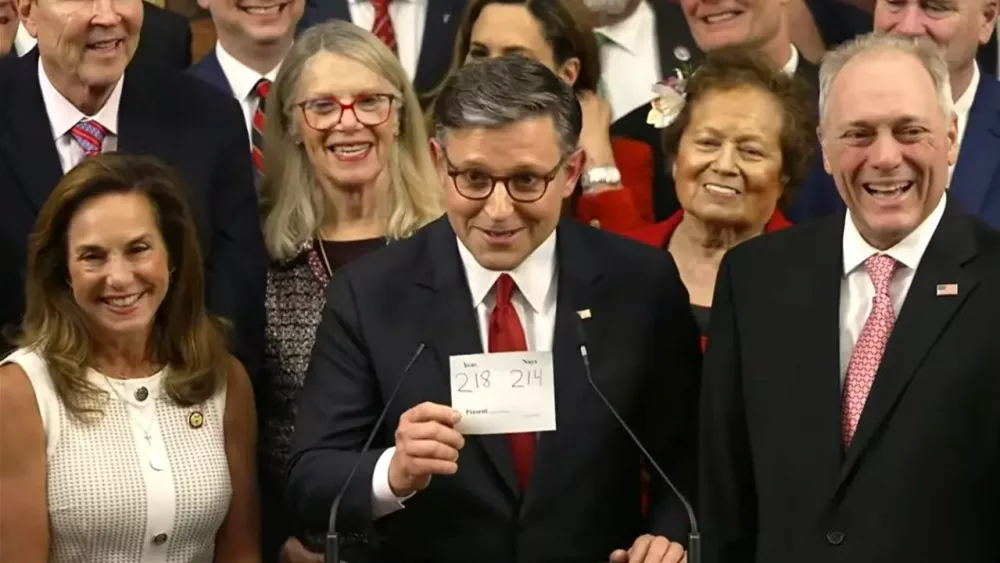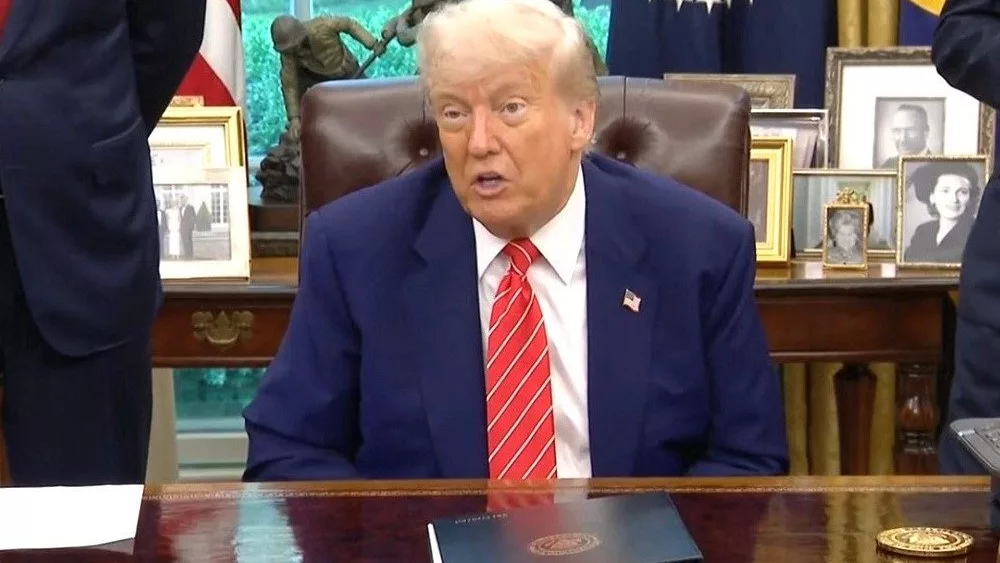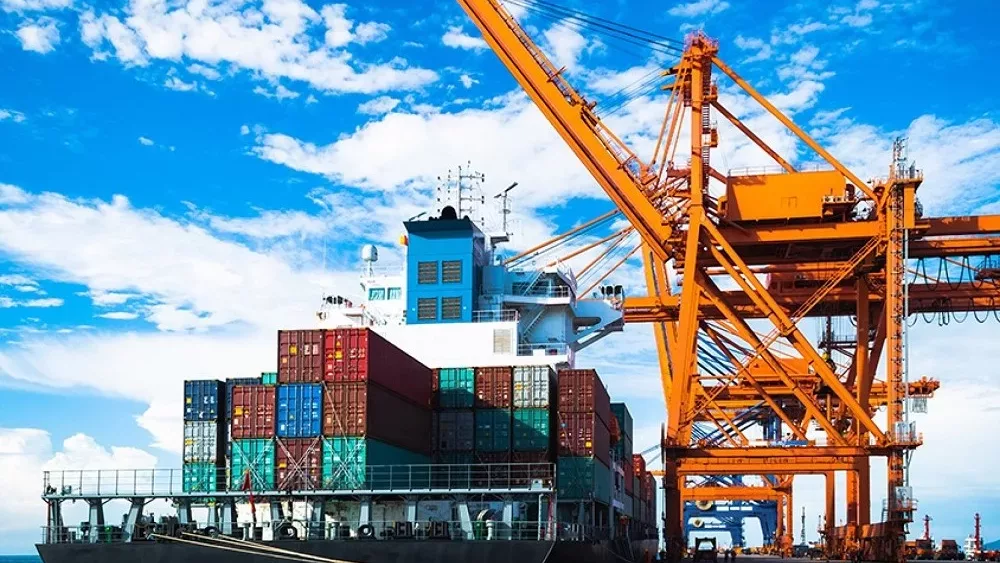“We’ll always have Paris,” one of the greatest lines in all of Hollywood movies came at the climax of the classic film Casablanca. The main character Rick tells his former lover Ilsa “We’ll always have Paris” referring to their brief romance on the eve of World War II — a courtship that ended abruptly with the Nazi invasion of France.
Today the phrase refers to Paris for a much less romantic reason. The 2015 Paris Accord is the centerpiece of international efforts to address climate change. Like many such accords, the pledge by 193 nations to reduce carbon emissions is more about political posturing than actual progress on cleaning up the world’s environment.
President Obama added the U.S. to the accord as part of his environmental policy; and, just a few years later, President Trump withdrew the U.S. from the Accord. Now President Biden has said the U.S. will again participate in the Paris Accord and has promised the U.S. will go even further in carbon reduction than called for in the original agreement.
He is calling for carbon-free, electricity production in the U.S. by 2035 and net-zero, carbon emissions from the U.S. by 2050. Critics of the plan say it would wreck the U.S. economy and significantly increase the cost of basic goods for most people. However, recent study by Purdue’s Department of Ag Economics concluded the financial impact would not be catastrophic. The study predicts that food prices would rise 1.1% and non-food prices 1.8%. Yet, these reductions would require significant changes in Midwest agriculture and energy production.
At present, most of the electricity in the Midwest is produced by coal and fossil fuel. The President’s expectations that this will drop to zero in the next 13 years seems laughable. The power issues that California and Texas have had in the past year indicate their wind, solar, and hydroelectric systems still need work. It is one thing to call for an overhaul of the electric production system and is quite another to make it happen.
Making agriculture carbon-neutral is the top farm policy objective of the Biden administration. Both the Senate and House Ag committees have identified this as their top policy priority. Ag leaders have pointed out that farmers are not the problem but the solution. Agriculture only represents 10% of total greenhouse gas emissions according to the EPA. Cover crops, soil conservation, and other practices can reduce this even more. Soil is a great place to sequester carbon, and farmers control most of the productive soil in the U.S.
In order to get farmers involved in this effort, it will be vital that any program be voluntary and also provide an economic incentive to participate. As these new policies and programs evolve, it will be necessary that agriculture be at the table and help craft the solution. Major changes in electrical costs and transportation regulations may also have an impact on a farmer’s ability to address climate change practices.
The Paris agreement may impact U.S. agriculture is another way. Both the U.S. and China signed the agreement, yet China has done little to address the issue. The Trump administration made trade and intellectual property the main points of their negotiations with China. The Biden administration has added climate to the mix. John Kerry has been appointed as a special climate negotiator to China.
The U.S. and China are the #1 and #2 carbon emitters, accounting for half of the world’s fossil fuel fumes. While both have pledged to reduce their emissions, China has been building coal-fired, power plants at an alarming rate and, until now, shows no sign of slowing down. China has promised to release a 5 year plan outlining their emissions reduction efforts. President Biden has promised to release his blueprint in April.
Climate change efforts need to be carefully watched by agriculture because there are so many ways it can be impacted by what is done or not done. Christiana Figueres, one of the authors of the 2015 Paris deal, recently told the AP that “most of these countries don’t really care about saving the planet…only if it serves their best interest.” So, despite the hand wringing and doomsday projections in the media, change and actual progress may be slow. Yet, remember, we’ll always have Paris.





